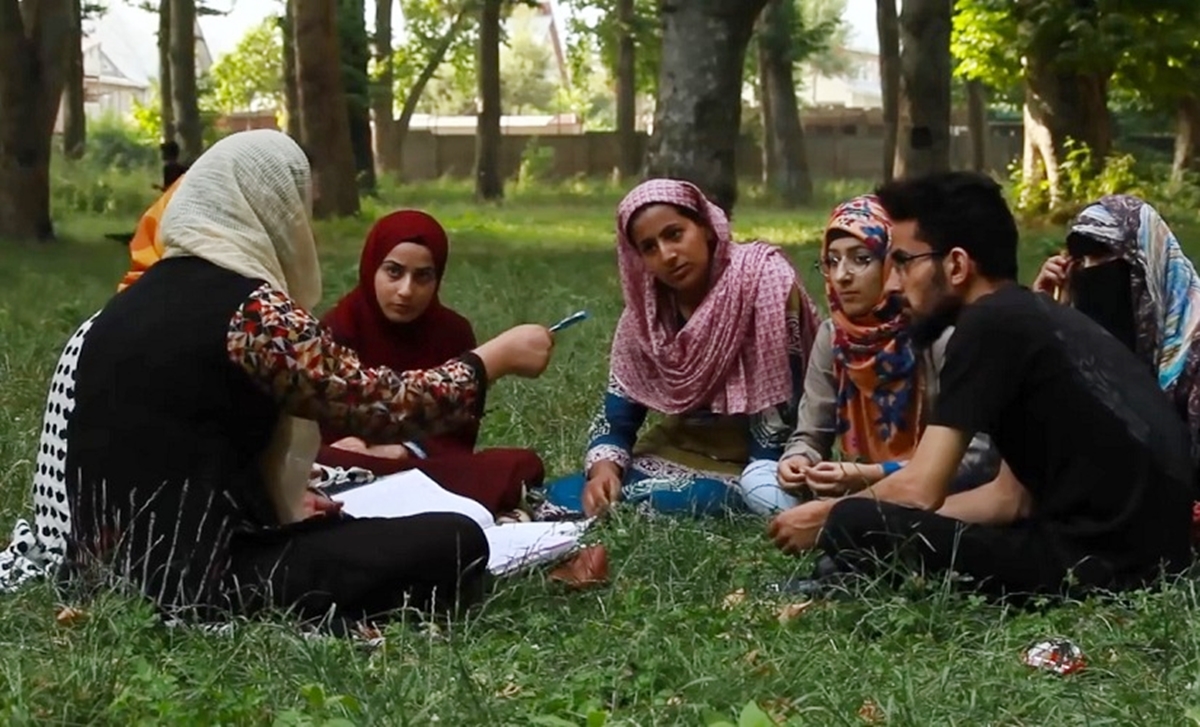At the dawn of a new decade, having dealt with lockdown, India woke to the dawn of vaccination, with life…
Login to Read!
This content is restricted to site members. If you are an existing user, please log in below. Or you can can create an account here.


